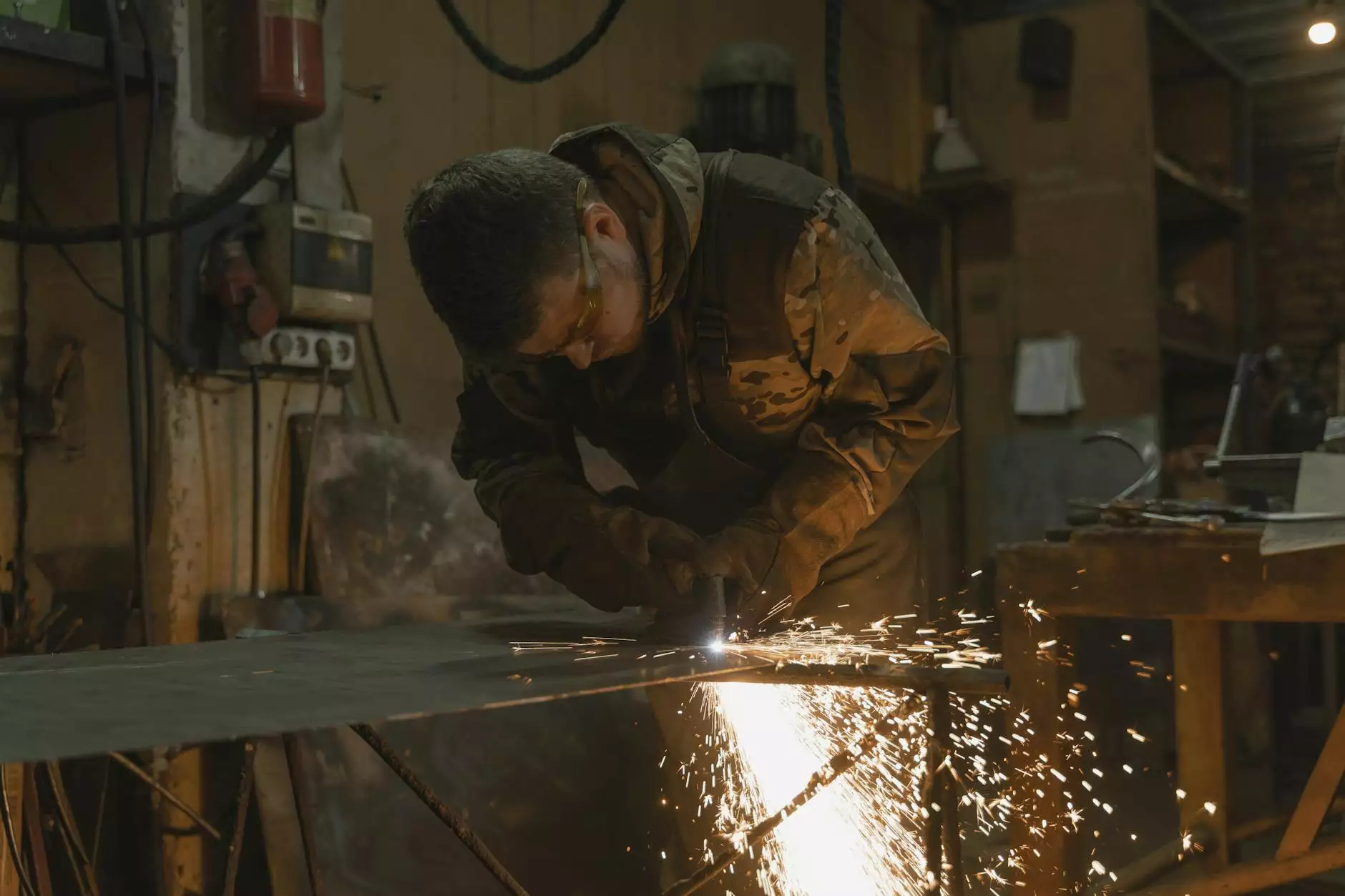Revolutionizing Automotive Designs with Carbon Fiber Panels for Cars

In the evolving world of automotive engineering, the demand for lightweight, durable, and highly aesthetic materials grows increasingly significant. Among the plethora of innovations, carbon fiber panels for cars have emerged as a game-changer, capturing the attention of manufacturers, enthusiasts, and consumers alike. This article explores the compelling advantages of incorporating carbon fiber panels into automotive designs, as well as the transformative impact these materials have on the automotive industry.
What are Carbon Fiber Panels?
Carbon fiber panels are advanced composite materials made from carbon fibers, which are extremely thin strands of carbon that are woven together and then bonded with a resin. The resulting material is lightweight yet incredibly strong, making it ideal for various automotive applications. These panels can be used for bodywork, interiors, and performance parts, showcasing their versatility in modern vehicle manufacturing.
The Advantages of Carbon Fiber Panels for Cars
Integrating carbon fiber panels for cars presents several benefits that contribute to superior vehicle performance and aesthetics. Let’s explore these advantages:
1. Weight Reduction
One of the most significant benefits of using carbon fiber is the reduction in weight. Carbon fiber is about five times lighter than steel and significantly lighter than aluminum. This weight reduction leads to improved fuel efficiency, enhanced acceleration, and better overall handling.
2. Exceptional Strength
Despite its lightweight properties, carbon fiber offers exceptional strength. It has a higher tensile strength than steel, which means that parts made from carbon fiber can withstand greater forces without compromising integrity. This durability is crucial for performance-driven vehicles.
3. Enhanced Aesthetics
The sleek, modern look of carbon fiber appeals to many automotive enthusiasts. The unique weave pattern and glossy finish of carbon fiber panels provide a distinctive appearance that can enhance the aesthetic appeal of any vehicle. In custom builds, the visual aspect of carbon fiber can truly set a car apart from the competition.
4. Corrosion Resistance
Carbon fiber is not susceptible to rust, unlike metal parts, which can corrode over time due to exposure to the elements. This property guarantees longevity and reduces maintenance costs associated with corrosion-related repairs.
5. Vibration Dampening
Another advantage of carbon fiber is its ability to absorb vibrations. This characteristic can lead to a smoother driving experience and reduced wear on other vehicle components. Less vibration means a more comfortable ride and enhanced performance overall.
Applications of Carbon Fiber Panels in the Automotive Industry
The applications of carbon fiber panels for cars within the automotive sector are vast and varied. Here are some notable utilizations:
1. Bodywork and Exterior Panels
Carbon fiber body kits have become increasingly popular, especially in the racing community. These kits often replace traditional metal body panels, reducing weight while enhancing aerodynamics and style.
2. Interior Components
From dashboards to seatbacks, carbon fiber can elevate interior aesthetics and performance. Its lightweight nature enhances the vehicle's overall weight distribution, leading to improved handling.
3. Performance Parts
Many performance vehicles utilize carbon fiber for components such as hoods, spoilers, and even frames. These materials help reduce the center of gravity, thereby enhancing speed, acceleration, and cornering abilities.
4. Automotive Aftermarket
The aftermarket industry has embraced carbon fiber technology, offering a wide range of products that allow enthusiasts to customize their vehicles. From mirrors to wheels, carbon fiber enhances both form and function.
Carbon Fiber vs. Traditional Materials
When comparing carbon fiber panels for cars to traditional materials like aluminum or steel, it's essential to consider several factors:
1. Weight
As previously mentioned, carbon fiber is significantly lighter than both steel and aluminum, providing a substantial edge in performance and efficiency.
2. Cost
While carbon fiber presents numerous advantages, it is generally more expensive than metal alternatives. However, the long-term benefits in terms of performance and durability often outweigh the initial investment.
3. Manufacturing Complexity
Producing carbon fiber components can be more complicated than traditional methods involving metals. This complexity can influence manufacturing timelines and costs.
Choosing the Right Carbon Fiber Solutions
When opting for carbon fiber panels for cars, it’s crucial to choose the right supplier and product. Here are some tips to consider:
1. Quality of Material
Not all carbon fiber is created equal. Ensure you select high-quality, aerospace-grade carbon fiber for optimal performance and durability.
2. Customization Options
Many suppliers offer custom solutions. Consider your specific needs and preferences when selecting panels to ensure the best fit for your vehicle.
3. Warranty and Support
Choose a provider that offers a solid warranty and customer support. This provision can be critical for addressing any potential issues arising from using carbon fiber components.
Future Trends in Carbon Fiber Technology
The future of carbon fiber panels for cars looks promising as technology advances. Here are some expected trends:
1. Automation in Manufacturing
As automation in manufacturing processes grows, we can anticipate reduced costs and improved production speeds for carbon fiber components.
2. Sustainability
With environmental concerns at the forefront, the automotive industry is researching sustainable alternatives for carbon fiber production, which could significantly impact its adoption rate.
3. Increased Utilization in Electric Vehicles
As the market for electric vehicles expands, the demand for lightweight materials like carbon fiber will continue to grow. Reducing vehicle weight is a crucial factor in maximizing battery efficiency and range.
Where to Buy Carbon Fiber Panels for Your Vehicle
For reliable sources of carbon fiber panels for cars, consider visiting customclass.net. They provide a comprehensive range of automotive parts, including high-quality carbon fiber solutions that cater to both enthusiasts and professional builders.
Conclusion
In conclusion, carbon fiber panels for cars represent a revolutionary advancement in automotive design and manufacturing. With their unparalleled strength-to-weight ratio, stunning aesthetics, and versatility, these materials are setting a new benchmark in the industry. As technology continues to evolve, the incorporation of carbon fiber will likely play a pivotal role in the future of vehicles, offering a blend of performance, efficiency, and style that drivers seek. Embracing this innovation is not just a trend; it's a step into the future of automotive excellence.









